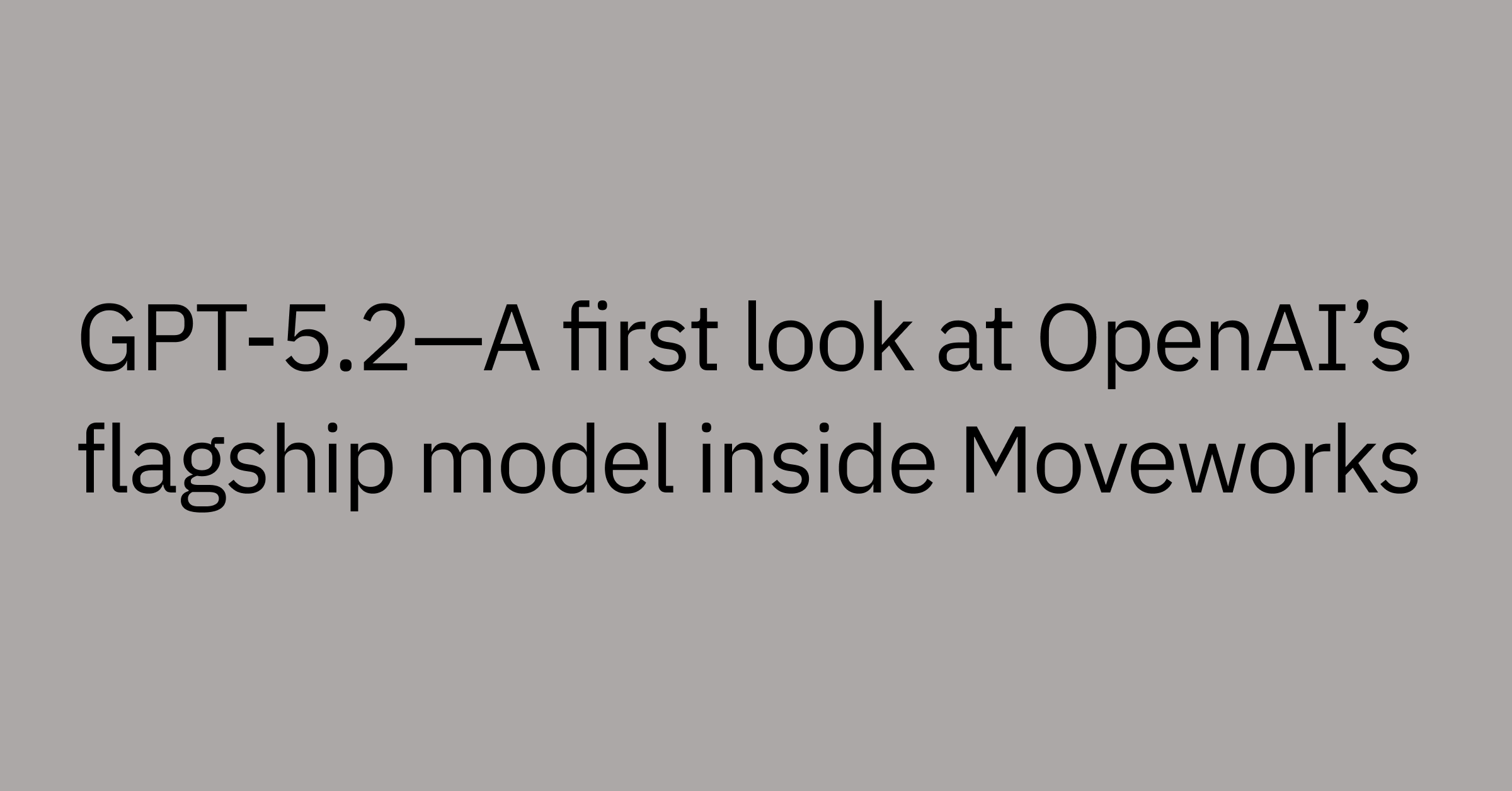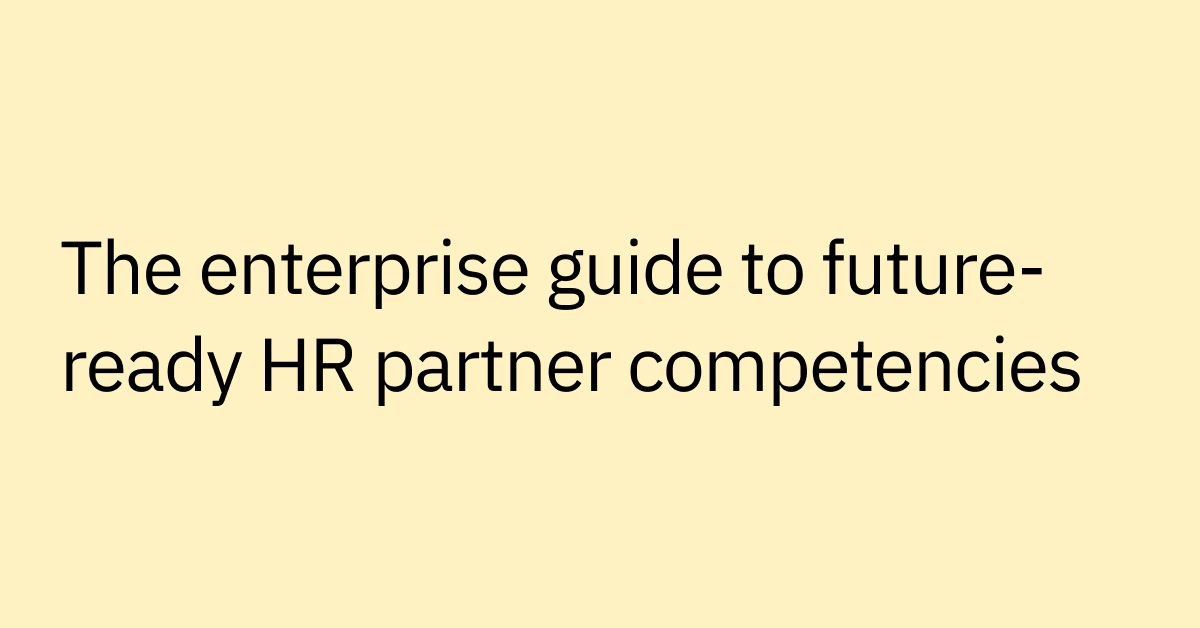Table of contents
Ever spent hours digging through Slack threads, outdated SharePoint folders, or old emails trying to find a key data point you need to finish a task? You're not alone — three out of four businesses agree that data silos are a continuous problem that slow down their operations and decision-making.
This is where knowledge management software (KMS) can help.
KMS solutions help keep all your business’s collective knowledge all in one place, making it easier for employees to find information fast, stay productive, efficient, and less reliant on support teams.
Having a KMS is one thing, but having a KMS that’s actually getting used it quite another.
If your KMS is hard to use or surfaces off topic information your adoption may remain low: IDC found that only 45% of workers in enterprise companies actually use their KMS systems.
That's why it's essential to implement a KMS that your employees trust and want to use. We’ll show you how to evaluate and choose KMS that goes beyond storage — and can help to transform how your employees access information.
What is knowledge management software?
Knowledge management software is a tool that makes it easy to collect, organize, share, and retrieve your organizational information.
Instead of having hidden data spread across different departments and repositories, KMS lets you centralize everything in one easily accessible location — including HR policies FAQs, IT documentation, project-specific resources, and company-wide procedures.
But advanced AI-powered KMS solutions aren’t just static data storage areas.
They're also highly dynamic systems that use AI technologies like natural language understanding (NLU), large language models (LLMs), and machine learning to deliver knowledge.
Advanced knowledge management tools are able to connect to existing content repositories like SharePoint or Confluence and automatically help surface relevant answers inside chat tools, using conversational AI. They help your organization work faster, smarter, and can enhance decision-making too.
The role of KMS in business operations
It takes a lot to run your business effectively. But instead of keeping important information in the individual Google drives or buried in disconnected systems, KMS helps you extract that knowledge and keep it a centralized system where employees can access it instantly, based on their role and permission.
Organizing company resources in one digital location allows employees — whether in-office, hybrid, and remote — to access and share key operational details.
This unlocks self-service support, options for enabling your employees to resolve issues like resetting a password, updating benefits, or finding a policy document on their own.
In fact, leading companies like Broadcom are already using AI to enable their employees to get help in <60 seconds.
Traditional vs. AI-powered knowledge management software
Traditional KMS environments can be relatively basic. You generally have to manually update the stored data, and finding the information you actually need can feel like searching for a needle in a haystack.
While they’re helpful for centralizing business knowledge, they don’t necessarily simplify your business processes, stay easily updated, or scale with your organizational growth. These traditional KM systems are often reactive, rigid, and ounderutilized due to poor usability and outdated results.
AI-powered KMS, on the other hand, can provide you with dynamic, intelligent, and automated knowledge delivery.
By leveraging natural language processing (NLP) and machine learning algorithms, these systems can allow your employees to ask questions naturally — e.g., “How do I onboard a contractor?” — and get more contextually aware, personalized answers, regardless of how the content is phrased or where it's stored.
By bringing AI to your KM, users are able to save hours and hours, instead of needing to gather the information from across scattered knowledge bases.
Key benefits of knowledge management software
Knowledge management platforms help growing businesses, delivering productivity-boosting benefits like:
Enhanced information retrieval
On average, employees waste 3.6 hours every day simply searching for the information they need to do their jobs.
AI-powered KMS helps you avoid this drain on productivity, giving your employees easy access to the information they need, when they need it.
Knowledge management solutions allow them to:
- Use one centralized location to find what they need
- Quickly locate documents, FAQ pages, or company procedures using a unified search and filter interface
- Make it easy to see critical business updates across diverse information sources
Unlike traditional keyword based KMS systems, AI-powered systems canb also use natural language understanding (NLU) to interpret the intent behind employee queries — making it possible to surface relevant answers even if the employee misspells or doesn’t use the exact keywords or phrasing used in the original content.
For example, AI-powered KMS enables employees to ask questions like “What’s our PTO policy for contractors?” and get an immediate, conversational answer, pulled from the most recent HR documentation — reducing the need to log in to a portal or navigate multiple tools.
Improved decision-making, reduced risk
You need to be able to trust the decisions your employees make day to day — but that can be tough when you don't know what information they're using to inform those choices.
Centralized, AI-enhanced KMS solutions help to remove this guesswork by enabling everyone in your business to use the same, up-to-date data sources.
When you create this consistency across your entire organization this helps:
- Keep teams aligned and working toward the same goals
- Reduced operational and financial risks
- Improved compliance with governance and regulatory requirements
Improved efficiency and productivity
If your employees frequently need to stop what they're doing to search for answers, they won’t be able to stay focused on their tasks, and your entire organization suffers.
But with all company resources in one place, your employees can quickly move from information gathering to task execution. This helps them:
- Avoid needing to ask other employees or support teams where to find critical information
- Get the information they need for a project using one quick search
- Minimize critical errors by having regular access to updated information
Some of the biggest efficiency gains can come from embedding KMS directly in employees' workflows — such as Slack, Teams, or your ITSM systems— so they don’t need to leave their current tool to get answers.
Reduced IT support burden
Relying too much on manual help desk support can quickly drain your IT teams. KMS solutions empower your employees with their own self-service solution that can quickly solve many routine issues.
This on-demand access to helpful resources and intelligent search features gives your IT teams extra support by:
- Minimizing help desk backlogs caused by routine employee questions
- Enabling self-service support workflows while reducing ticket response times and lowering operational spending
- Allowing support teams to focus less on minor issues and spend more time tackling critical business challenges
In agentic AI-powered systems, answers aren't just pulled from existing documentation — AI agents, which are intelligent systems that act indepently towards goals, can also help to create or suggest new articles based on recurring issues.
Essential features to look for in knowledge management software
Deciding on the right KMS for your business can take some time, but knowing which features to look for can help simplify the process.
Let’s look at a few essential features you should prioritize when implementing a new solution.
AI-powered search and automation
The effectiveness of your KMS can hinge on its search capabilities. After all, a vast knowledge base isn't helpful if employees can’t actually find the right information.
KMS solutions using AI-powered search features give your employees more flexibility to describe what they need using normal, conversational language — including full questions or even vague phrasing.
AI-powered KMS can use intelligent reasoning engines and vector-based retrieval models to analyze the context surrounding queries and deliver highly relevant results — even if the query doesn’t exactly match the document wording.
For example, an intelligent KMS solution interprets questions like “Can I carry over vacation time?” and surfaces the correct HR policy — even if “carry over” isn’t explicitly mentioned in the document.
Integrations with existing tools
To get more value from your KMS, you want it to integrate well with your current tools. For example, when connected to help desk platforms and collaboration tools like Slack, Microsoft Teams, or even your company intranet, KMS solutions create a more seamless digital experience for your employees.
Modern AI-powered KMS platforms ideally offer bi-directional integrations — not just retrieving knowledge, but able to contribute new insights or usage patterns back to connected systems (like ITSM or CRM).
With the right integrations, they’ll be better able to access the information when and where they need it.
Some advanced solutions connect to tools like popular ITSM platforms Jira, and SharePoint, making it possible to serve answers inside chat platforms without needing to manually search those systems.
Intelligent content curation and auto-updates
Your business relies on a combination of both structured and unstructured data. You likely have formal policies and procedures (structured) in place, plus random collections of meeting notes, untitled documents, and images (unstructured) spread across the business.
But not all KMS solutions have features like version control, data categorization, or tagging capabilities that make it easier for your employees to work with all types of data.
An AI-driven solution should:
- Use machine learning algorithms to automatically process your structured and unstructured business data
- Provide automatic content update suggestions based on new documents or ticket trends
- Automatically detect outdated or conflicting business information — and either flag it or update it for you using AI-generated text
Robust security and access controls
With all your company information in one place, you’ll want to consider how well a KMS lets you manage controlled access. Strong access controls let you assign role-based or attribute-based permissions to each of your employees.
They also help to ensure that only authorized individuals — whether employees, contractors, or partners — have access to sensitive resources, supporting your compliance with industry or regulatory guidelines.
Look for a solution that is able to support audit trails, encryption at rest/in transit, and identity provider (IdP) integrations to align with broader security and governance practices.
How to choose the right knowledge management software for your business
With so many KMS options available, narrowing down which is right for your business can be challenging, but following these key steps can help you make a more informed decision.
Identify your knowledge management needs
Your ideal KMS is the one that addresses and resolves the gaps or deficiencies in your current processes. So before researching new KMS options, take time to:
- Analyze how employees currently find information and identify friction points
- Look at ticketing and support data to see which questions come up repeatedly
- Document internal requests for updated policies, procedures, or onboarding resources
- Identify industry or regulatory requirements that must be supported (e.g., audit trails, access control)
- Understand how different departments manage knowledge today — and where consolidation would help
Note: Also consider language support and localization needs if your workforce is global, as this can be a major differentiator for AI-powered KMS.
Evaluate AI and automation capabilities
Shortlisting KMS solutions that provide advanced AI features will allow you to automate more of your business processes and minimize your workloads.
Look for solutions that can proactively search for gaps in your knowledge base while automatically keeping your key resources up to date for a dynamic solution that can grow seamlessly with your business.
Research the performance capabilities of each KMS and ensure it can meet your current and future business needs. It should be able to handle both structured and unstructured data while simplifying or improving your employee workflows.
Ask whether the KMS can work across both structured and unstructured data — and whether it can unify access across multiple systems (e.g., SharePoint, Google Drive, Confluence, ITSM platforms).
Compare ease of use and adoption rates
A knowledge platform provides the most value when your employees actually use it. Even technically powerful KMS tools can struggle to gain traction if the user experience is unintuitive.
To evaluate usability:
- Consider how easily the KMS can understand your employees' questions and deliver the best results with the least amount of effort
- Look for solutions that leverage NLP and advanced machine learning to allow for more personalized search experiences
- Select a solution that minimizes departmental friction while giving your employees on-demand access to specific documentation or quick answers
- Prioritize platforms with user-friendly interfaces to create better employee experiences and increase the adoption rate
- Look for mobile and chat-first capabilities if your workforce is remote or hybrid
Consider integration and scalability
Think ahead with your knowledge management tools to address your current and future business needs. You’ll want to consider how your KMS can help your business over time. So integration options and AI features should be some of your top priorities.
Before you commit to a solution, check if it can:
- Easily connect to your current technology stack, including your HR platforms, CRM tools, and task management solutions
- Leverage AI learning models to automatically adapt and improve knowledge accuracy as your business expands and your data grows
- Use multiple data sources at once while still being able to handle higher volumes of information and users over time
Some tools can require heavy configuration to integrate with existing systems. Confirm whether integrations are pre-built or require custom development.
5 best knowledge management software solutions
1. Moveworks Knowledge Studio
Moveworks Knowledge Studio is a comprehensive support solution that makes it easy for your teams to access the information they need across a wide range of tools and applications.
Knowledge Studio lets you integrate data sources across your enterprise, from ERP and CRM to HR portals and help desk solutions. It uses agentic AI to surface, improve, and even generate content automatically.
Your employees can simply chat with the AI Assistant and get the answers they need., Knowledge Studio analyzes commonly asked employee questions and ongoing support interactions, helping you modify your knowledge bases so they’re able to be relevant and up-to-date.
Key platform features:
- Generate content: Instantly create documentation personalized to your business with AI that mines your support tickets for useful insights
- Find knowledge gaps: Minimize time wasted on research with AI article recommendations based on real employee demand
- Pinpoint knowledge updates: See when generated content overlaps with content found in other existing articles, making knowledge updates easy
Ideal use case: Enterprises with complicated, dynamic IT environments that are looking for ways to automate employee support, reduce support ticket volume, and provide efficient self-service at scale across departments.
Get a demo today to see how Moveworks can transform your operations.
2. Atlassian Confluence
Confluence is a knowledge management tool that lets you create, organize, and share company information across your business. It uses a connected workspace that makes it easy for teams to create and collaborate on new content together with real-time editing features.
Key platform features:
- Supports dynamic content formats, including documents, images, and code blocks
- Features structured organization and search capabilities
- Integrates with Jira, Trello, and Microsoft Office
Ideal use case: Remote-first businesses that want to improve team collaboration or project management efficiency while avoiding duplicate content generation.
3. Notion
Notion is a highly adaptable digital workspace that makes it easy to develop your own internal business knowledge base. Its relational database architecture allows users to organize their thoughts, projects, or notes all in one place.
Key platform features:
- Uses a "web of knowledge" functionality to create intelligent links between company assets and employee notes
- Highly customizable shared workspaces with real-time editing and commenting capabilities
- Leverages a structured database management system with various layouts, custom properties, and interconnected data repositories
Ideal use case: Startups and smaller businesses looking for more ways to customize their knowledge base structure while streamlining teamwork and collaboration and simplifying information collection.
4. Tettra
Tettra is an AI-powered KMS specifically designed for fast-growing teams. It's created to be user-friendly and integrates with communication platforms like Slack and Microsoft Teams, streamlining company knowledge sharing across an organization.
Key platform features:
- Features an intelligent AI assistant named "Kai" that delivers helpful answers to employees using natural language queries
- Provides integrations with Slack, Google Workspace, GitHub, and Zapier to enable smooth knowledge sharing without switching applications
- Includes pre-built data structuring templates to simplify knowledge collection and organization
Ideal use case: Fast-growing small to medium-sized businesses with distributed teams that are looking for an agile solution for managing internal documentation and facilitating knowledge sharing across their connected applications.
5. Document360
Document360 is a cloud-based KMS designed to help businesses create their own self-service knowledge bases using a powerful content management system and advanced editing tools. It also features an AI-driven search tool called "Eddy" that makes it easy for employees to locate the relevant information they need using a conversational interface.
Key platform features:
- Comes with a powerful content authoring tool as well as advanced AI-powered writing assistance
- Allows businesses to organize their internal knowledge effectively using a hierarchical category manager
- Features a comprehensive analytics dashboard to help businesses extract insights related to employee search trends or gaps in content
Ideal use case: SaaS companies and similar organizations looking for ways to provide both internal and external self-service knowledge bases
Why businesses need to invest in AI-driven knowledge management now
Unlike traditional KMS, which requires manual upkeep and time-consuming maintenance, AI-driven solutions are able to learn and improve over time. This is essential for keeping your company resources current, accurate, and relevant.
When your KMS is integrated with an AI assistant or chat interface, users can quickly and easily surface the contextually relevant information they need from across your business systems — including HRIS, ITSM, document repositories, and chat platforms
This lets you provide a much more comprehensive and capable self-service experience for your employees — going well beyond a traditional KMS solutions.
Real-world impact: Broadcom
Broadcom, a global technology company, experienced firsthand the benefits of AI transformation and an AI-driven KMS. By integrating their IT knowledge base with Moveworks, they were able to seamlessly generate over 3,000 knowledge articles.
They are now able resolve 57% of their employees' IT issues via self-service in less than one minute. Additionally, these employee happen within Slack, without requiring them to search a portal or submit a ticket — a key differentiator enabled by real-time conversational AI.
AI-powered knowledge management with Moveworks
Today's AI knowledge management solutions are going beyond standard AI to use agentic AI, i.e. AI that is able to adapt and take autonomous actions.
This is enabling businesses to go beyond organizing information to actively using it with AI that is able to maintain, learn, improve, and deliver updated and relevant knowledge at scale.
Moveworks agentic AI is able to autonomously interpret employee queries, explore the knowledge database for relevant information, and deliver tailored responses and recommendations.
Moveworks Knowledge Studio uses agentic AI to help automate your knowledge management tasks while enabling streamlined employee support across your entire organization.
By providing intelligent content gap analysis, automatic content generation, and easy-to-use, AI-enabled chat interfaces, you can easily surface the information you need, improve your employee experience – and help maximize productivity.
Want to see firsthand how an AI-driven KMS solution can support your business? Schedule a free demo of Moveworks today.



